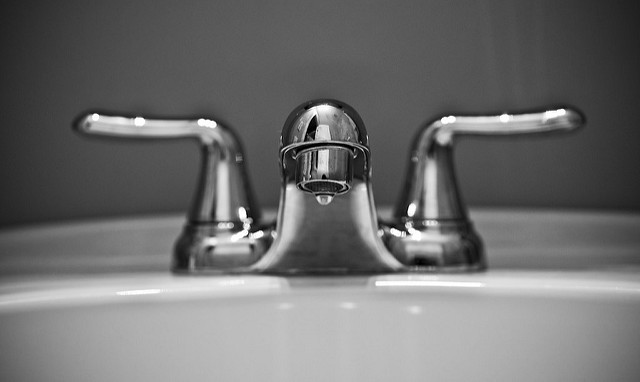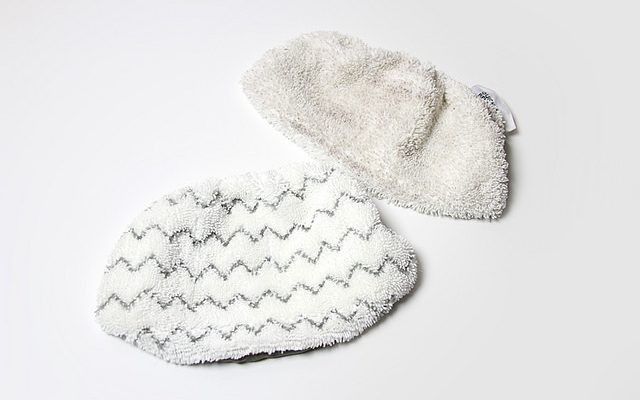5 Ways to Teach Kids to Reduce Energy Consumption

At first, it might seem difficult to get children excited about reducing energy consumption. But using energy and water is already a part of playtime, chores, and their favorite gadgets. Explaining the importance of water and energy also feeds their natural curiosity about how things work. You can use children’s natural desire to learn as a force for good by teaching them to conserve a little bit at a time.
Mind the Faucet
Start small by developing good habits at the sink. This printable matching game available from the Environmental Protection Agency estimates that brushing your teeth can use as much as a gallon of water every time. Be a role model for your kids by showing them they only need to turn the water on at the beginning and end of brushing. After that, show them how to make sure the faucet is closed tightly and that they can even save water during all the other times they are in the bathroom.
Set a Timer for the Shower and Bath
Some kids hate bath time, while others would spend hours in the shower or bath if you let them. But there is a big price to pay when it comes to long showers and hot baths. The average American shower will use more than 17 gallons, even if it is just 8 minutes long. That’s a lot of water going down the drain and fast. Set a timer instead and find ways to reward kids for beating the clock. Consider making the switch from baths to showers. Most baths use 70 gallons of water, much more than most showers. For extra credit, try using cold water instead of hot to make a bigger dent in water usage and energy spending at the same time.
Program that AC, Just Remember 77-88
Air conditioning is a must-have for most homes, especially in hot summer months. Depending on where you live you may find yourself needing to use air conditioning year-round. That’s why using your AC wisely is where you can probably make the single biggest difference in your home’s energy consumption. Invest in an AC system that allows you to easily program your usage. Then ask your kids what times of the day everyone is likely to be at home or out of the house. Let your kids be in charge of setting the thermostat for those times. They will probably respond positively to being part of household decisions. There’s even a way to make it memorable for them — the recommended settings for your programmable thermostat are 77 while you’re home and 88 while you’re away.

Lights off When You Leave the Room
The oh-so-simple habit of turning off lights will add up to big savings in overtime. It’s also perfect for making into an energy-saving game, but every game needs rules. In this case, the game is that you can’t turn on a new light without turning out the old one. Get your kids to identify everything that should be turned off before leaving the room. They’ll start to deepen their understanding which household things use energy like televisions, radios, and some toys. That leads us to the last tip.
Connect It to Familiar and Favorite Things
For parents, seeing a drop in monthly energy bills is incentive enough to make conservation part of our routine. But your kids probably aren’t as motivated by the cost savings as you are. When teaching children about saving energy and water, you must make it relatable. For example, video game consoles use up as much energy every year as all of the households in Houston. Most of that energy is used up while on standby mode. Teach kids to make a habit of turning the game console off when play time is over. This is how saving energy connects to a lot of the things kids already know and love, like that Xbox or PlayStation. Likewise, the chargers for their beloved tablets, smartphones, and laptops should be unplugged when they aren’t in use.
One of the most rewarding things about teaching children to be energy savers is demonstrating for them how even the smallest things make a big difference. That’s a message that is likely to resonate and build their confidence. By teaching children to use resources wisely at home, we are setting them up to develop good habits that will last a lifetime, and save you a more than a few pennies along the way.








